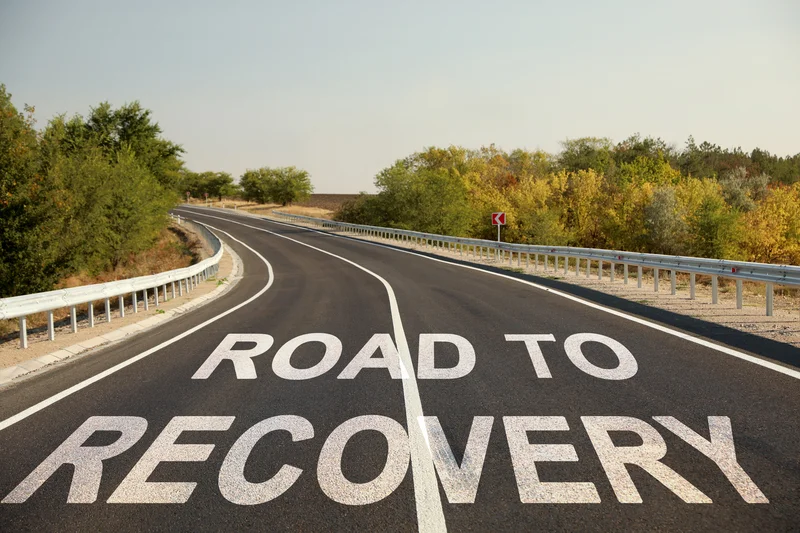
External triggers, on the other hand, are people, places, things, and situations that can trigger a craving for substances. It’s important to recognize relapse triggers as you recover from addiction. These desires often come from certain triggers, such as the people you surround yourself with and the feelings you experience. Emotions in general are often highly triggering for many people, and are often the leading examples of internal triggers. Not just negative emotions, but emotions that people find challenging to deal with in general are frequently to blame for returning to addictions after periods of sobriety. Identifying and managing your addiction triggers is a vital part of maintaining long-term sobriety.
Strategies for Trigger Management
Developing an understanding of these external triggers and learning effective strategies to cope with them is essential in preventing relapses. It requires introspection, patience, and, often, the guidance of a mental health professional. However, the effort invested in understanding and managing these triggers can be a transformative part of an individual’s recovery journey.

Internal and External Triggers
- Some come from external sources, while others come from internal sources.
- Others find success with therapy in addition to self-help groups or other means of support.
- Understanding how triggers affect you is vital to avoiding potential relapse.
- External triggers are easier to pinpoint and manage through practical adjustments like altering routines or avoiding certain places.
- That confidence is one of the most difficult internal triggers to manage.
It is common for people in recovery to face triggers in their journey to wellness. Deciding to get treatment for substance use disorder can be a life-changing decision. These events are situational or social cues in our environment that provoke an emotional response. These are often easy to identify because they are linked to specific events, people, or situations. For example, seeing a specific type of car might remind you of a past accident, instantly making you feel anxious. Therefore, it’s essential to develop coping methods that allow you to work through your triggers without resorting to drugs.

Triggers in the decision-making process
For those going through treatment or who are otherwise in active recovery, understanding relapse triggers is vital. No matter what stage of internal and external triggers recovery someone is in, there will always be the risk of relapse due to exposure to internal and external triggers. Internal and external triggers are the factors that can induce an individual to want to use or otherwise create a temptation in them to use their drug of choice again.

Know the Signs of Drug Abuse and Addiction in Teens
Triggers may test your willpower and can be personal or shared with others in recovery. This not only helps you overcome them but may also be beneficial for examining and understanding what may have led you to substance use disorder. Life goes on, and you will eventually find yourself in the presence of an external trigger, plus you have internal triggers.
Identifying triggers
We realize that triggers play a significant role in the recovery process, but they do not have to sabotage your progress. Once you understand how to recognize your relapse triggers, there are ways to minimize and cope with them. To learn more about our outpatient programs, contact our admissions department today. In many cases, when you feel “normal” again, you might be overly confident that you can handle being in situations that serve as external triggers. That confidence is one of the most difficult internal triggers to manage. You have to make sure that you prepare yourself with the proper tools and coping methods to avoid being surprised by cravings.

Triggers for relapse are situations that remind individuals of their drug use. Triggers are psychological, emotional, social and situational cues that can induce cravings. Strong cravings that crop up in response to triggers can be difficult to curb without the right support and resources. One of the cornerstones of treatment options for addiction recovery is education about triggers and healthy ways to cope with them.
Ways to Cope with Loneliness in Addiction Recovery
- This tailor-made insight can be your compass, guiding you away from potential pitfalls and towards recovery.
- Ask those you trust to help remove any triggers from your space, such as medication or alcohol bottles.
- Identifying and managing your addiction triggers is a vital part of maintaining long-term sobriety.
- In doing so, it fosters personal growth and self-confidence, fortifying the path toward sustained recovery.
If you feel criticized or belittled, you might want to turn to substances to numb those feelings or push them aside. External triggers are factors outside of yourself that make you drug addiction treatment want to use drugs. These triggers may involve people who influence cravings, such as drug dealers, coworkers, friends, spouses, partners and employers. Even people who are incredibly close to you may act as relapse triggers.
Start your recovery with Massachusetts Center for Addiction
Trial and error can help each person determine what works best for them. Remember that different coping strategies may work for different triggers and emotions. There are many possible coping strategies you can try, but all should focus on reducing the impact of the trigger and the strength of emotional reactions.
Tips for Dealing with Triggers in Recovery from Substance Use Disorders
External triggers involve conditions or environments that can prompt substance use. They are external factors or situations that remind one of past behaviors. You may simply want to write about your day, use your journal as a place to keep a list of moments that brought you joy, or even construct a gratitude list.